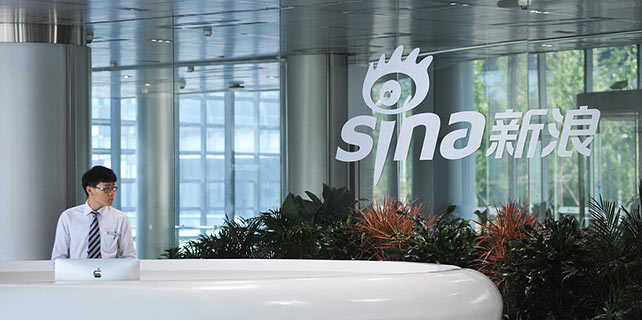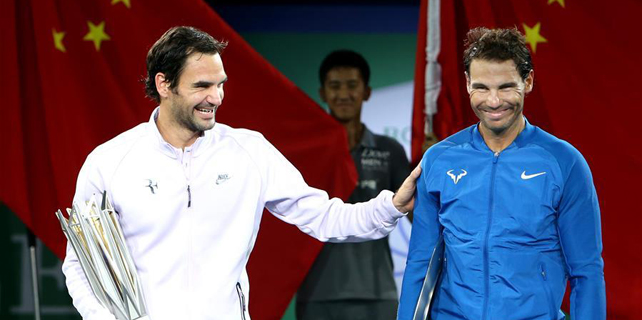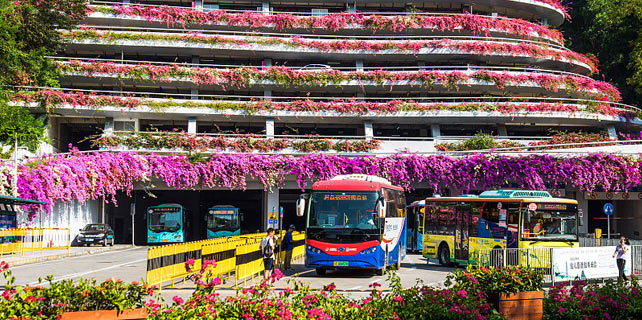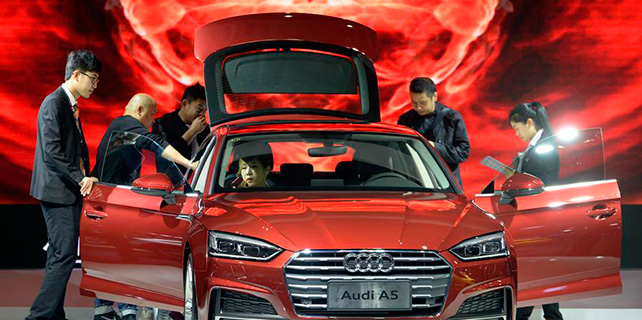AIIB chief: Bank will keep growing
The Asian Infrastructure Investment Bank is poised to keep expanding its membership after approving 80 members since launching only 20 months ago, its president, Jin Liqun, said on Sunday in Washington.
The new multilateral development bank has been off to a good start, having met all its initial objectives by building up a sound management system and strong pool of talent and having invested in massive projects, Jin told China Daily on the sidelines of the annual meetings of the International Monetary Fund and the World Bank.
"Countries are gradually joining the AIIB," Jin said. "Some are in the process of ratification the membership will surely continue to increase."
At its launch in January 2016, there were 57 signatories to AIIB's Articles of Agreement, and in March and May, the bank announced the approval of another 20 prospective members, who are currently in the process of finalizing their membership, according to a statement from the bank.
The statement also said AIIB expects to continue welcoming members later this year. The latest round of approved applicants was announced in June, when Tonga, Argentina and Madagascar formally joined the AIIB.
Jin did not specify any prospective new countries.
Afghanistan, whose Finance Minister Eklil Hakimi met Jin last week, has obtained permanent membership in AIIB, the country's finance ministry said on its website on Sunday.
Jin, a former vice-president of the Asian Development Bank, earlier said AIIB is a 21st century bank, with up-to-date policies, international management and talented staff from across the globe.
"We are learning from the experiences of the well-established MDBs (multilateral development banks) and the private sector," he said in AIIB's annual report earlier this year.
In Washington, while attending a panel discussion on Thursday, Jin said the MDBs, including AIIB, "have to upgrade by the international best standards or international best practice".
International best practice, however, is not just the traditional way Western countries follow or Western countries want Asian countries to follow, Jin said.
International best practice should incorporate the tested good experience derived from developing Asian countries, especially China, over their past three to four decades of development, he said on Sunday.
The AIIB chief said his institution has developed its own modus operandi, by implementing the core values of being "lean, clean and green" - high environmental and social standards by which it identifies investment projects.
By the first half of this year, AIIB had approved about $2.49 billion in financing for 16 infrastructure projects in nine countries, according to the bank sources.
Last month, it approved projects involving solar energy in Egypt, energy transmission system strengthening in India and flood management in the Philippines.
It also announced in late September an investment of $150 million in the International Finance Corporation's Emerging Asia Fund to address the infrastructure gap in Asia, according to AIIB's website.
"We have had a very good start, and we'll continue with the momentum," Jin said.
The senior banker also said that during his week-long stay in Washington attending the IMF and World Bank meetings, many participants have been encouraged by the economic growth prospects of China, which the IMF forecasts at 6.8 percent for 2017, a 0.2 percentage point higher than its earlier prediction.
"Many of the colleagues at the meetings said China's expected growth rate is encouraging and is important for Asia and beyond," Jin said. "I believe the growth momentum of China will continue to be strong after the 19th National Congress of the Communist Party of China."
Jin said he has been frequently asked about possible outcomes of the landmark meeting, which is scheduled to open on Wednesday in Beijing.
"I told them that China's economic reform and opening-up will surely continue, and so will the anti-corruption efforts, because they are of crucial and far-reaching significance for ensuring the flourishing and long-term stability of the country," Jin said. "And they agreed."
huanxinzhao@chinadailyusa.com









